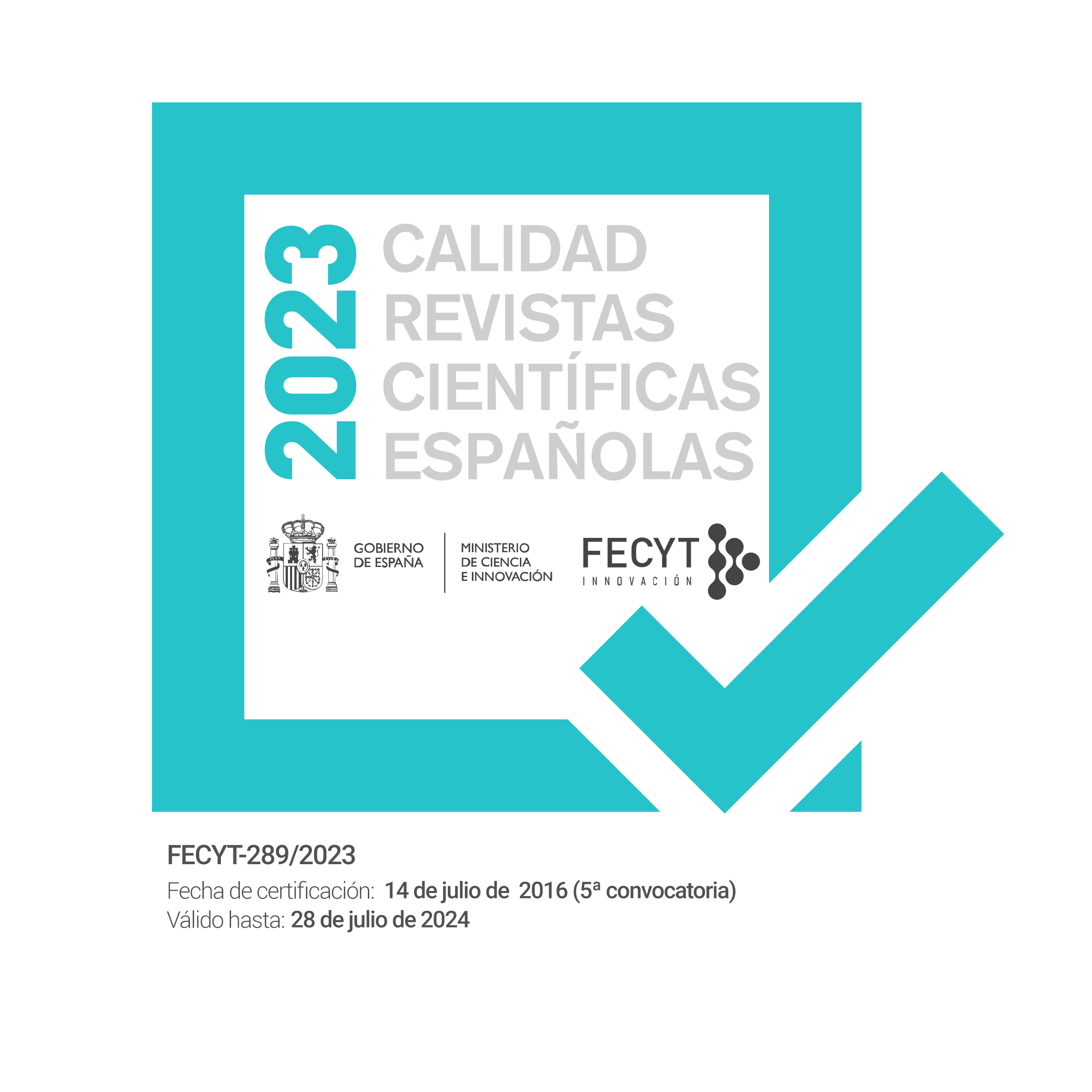The Activation Principle in Computational Thinking, Mathematics, and STEM
Presentation of the special issue
Abstract
This monographic issue of RED was convened with the title Education in Mathematics, Computational Thinking and STEM supported by digital technology. Its instructional design focus is the activation principle. In this article, the authors present the current issue, describe the activation principle as an important theoretical foundation of instructional design for computational thinking and mathematics and STEM Education, and introduce subsequent papers.
There are numerous skills and concepts, specific to Computational Thinking, Mathematics and STEM, that are necessary as a basis for undergraduate studies. Often these concepts and procedures do not appear explicitly in the primary and secondary school curriuclum. Or, if they do appear, there is no guarantee students will have mastered them by graduation. We cannot expect these skills to appear spontaneously, at the very moment they are needed. A solid cognitive foundation is necessary for them to be activated.
This special issue is presented with the aim of disseminating investigations and cases that partially or totally engage with these ideas. This can aid investigation of whether the effective use of the activation principle (Merrill, 2002; revised edition 2020), when used in an adequate instructional design, with methods, activites and resources, contributes to an improvement in the quality of learning results when what is learned in the previous stages is activated and reactivated sufficiently in undergraduate studies, and whether a pedagogy that establishes the value of these ideas and principles from the earliest educational stages should be promoted in order to prepare students for learning on the horizon, including STEM.
Downloads
References
Bawden, D. (2001). Information and digital literacies: a review of concepts. Journal of Documentation, 57(2), 218–259.
Bawden, D. (2008). Origins and concepts of digital literacy. Digital literacies: Concepts, policies and practices, 17-32. http://sites.google.com/site/colinlankshear/DigitalLiteracies.pdf#page=19
Burgmann, C., & Wille, R. (2006). The basic theorem on preconcept lattices. In Formal Concept Analysis (pp. 80-88). Springer, Berlin, Heidelberg. https://link.springer.com/chapter/10.1007/11671404_5 https://link.springer.com/content/pdf/10.1007%2F11671404.pdf
Merrill, M. D. (2002). First principles of instruction. Educational technology research and development, 50(3), 43-59. https://link.springer.com/article/10.1007/BF02505024 y https://mdavidmerrill.com/Papers/firstprinciplesbymerrill.pdf
Merrill, M. D. (2007). First principles of instruction: A synthesis. In R. A. Reiser & J. V. Dempsey (Eds.), Trends and issues in instructional design and technology (2nd ed., pp. 62-71). Upper Saddle River, NJ: Merrill/Prentice-Hall.
Merrill, M. D. (2009). First principles of instruction. In C. M. Reigeluth & A. A. Carr-Chellman (Eds.), Instructional-design theories and models: Building a common knowledge base (Vol. III, pp. 41-56). New York: Routledge.
Merrill, D. (2020). First principles of instruction (revised edition). Association for Educational Communications and Technology.
Piaget J. (1973) Einf¨uhrung in die genetische Erkenntnistheorie. suhrkamp taschenbuch wissenschaft 6. Suhrkamp.
Piaget, J., & Herborth, F. (1973). Einführung in die genetische Erkenntnistheorie. Frankfurt am Main: Suhrkamp.
Reigeluth, C. M. (1999). What is instructional-design theory and how is it changing? In C. M. Reigeluth (Ed.), Instructional-design theories and models: A new paradigm of instructional theory (Vol. II, pp. 5-29). Mahwah, NJ: Lawrence Erlbaum Associates.
Reigeluth, C. M. (2016). Teoría instruccional y tecnología para el nuevo paradigma de la educación. RED. Revista de Educación a Distancia. Número 50. http://www.um.es/ead/red/50
Zapata-Ros, M. (2018b). Pensamiento computacional. Una tercera competencia clave. (I) Blog RED El aprendizaje en la Sociedad del Conocimiento. https://red.hypotheses.org/1059
- 30-11-2021 (3)
- 30-11-2021 (2)
- 30-11-2021 (1)
Copyright (c) 2021 Distance Education Journal

This work is licensed under a Creative Commons Attribution-NonCommercial 4.0 International License.
Las obras que se publican en esta revista están sujetas a los siguientes términos:
1. El Servicio de Publicaciones de la Universidad de Murcia (la editorial) conserva los derechos patrimoniales (copyright) de las obras publicadas, y favorece y permite la reutilización de las mismas bajo la licencia de uso indicada en el punto 2.
2. Las obras se publican en la edición electrónica de la revista bajo una licencia Creative Commons Reconocimiento-NoComercial-SinObraDerivada 3.0 España (texto legal). Se pueden copiar, usar, difundir, transmitir y exponer públicamente, siempre que: i) se cite la autoría y la fuente original de su publicación (revista, editorial y URL de la obra); ii) no se usen para fines comerciales; iii) se mencione la existencia y especificaciones de esta licencia de uso.
3. Condiciones de auto-archivo. Se permite y se anima a los autores a difundir electrónicamente las versiones pre-print (versión antes de ser evaluada) y/o post-print (versión evaluada y aceptada para su publicación) de sus obras antes de su publicación, ya que favorece su circulación y difusión más temprana y con ello un posible aumento en su citación y alcance entre la comunidad académica. Color RoMEO: verde.














